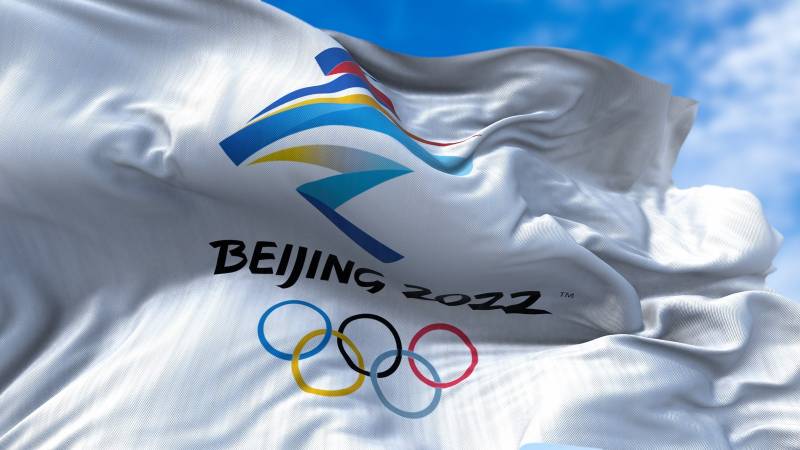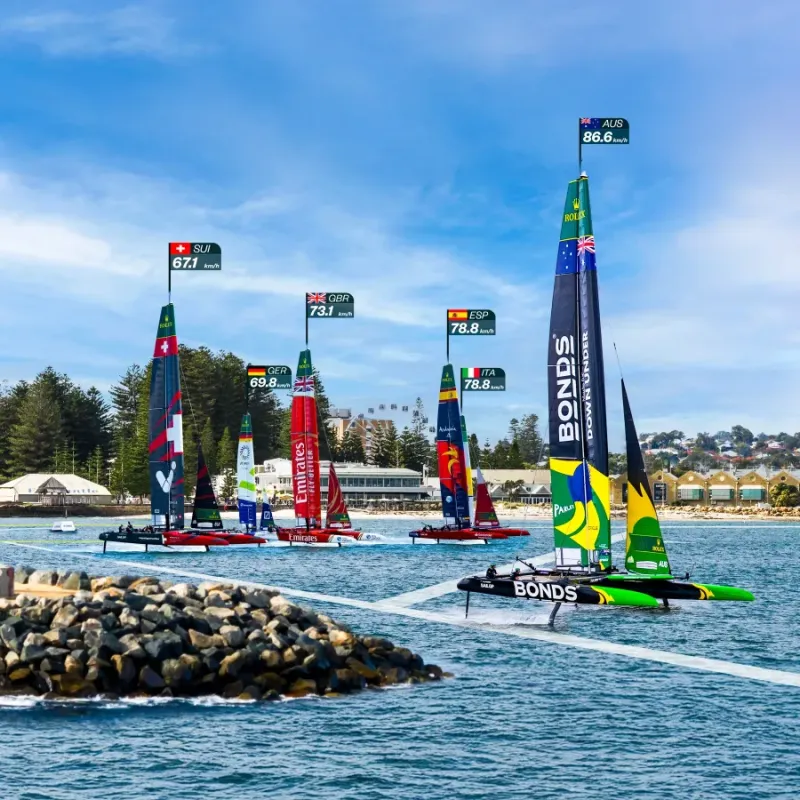No matter how much some fans would prefer to keep their politics and sports separated, the truth is they're inextricably linked. Sports are a powerful messaging tool to show off a nation's wealth, power, and skill on the field, court, pitch, or rink
Sporting success is sometimes viewed as a display of strength and a way of asserting dominance, and some nations will go to extreme lengths to achieve it. Russia, for instance, found itself banned from international competitions after a state-sponsored doping scandal was revealed in 2016. According to the Commission on Security and Cooperation in Europe, sports have a major influence on politics in Russia, and the nation's success at the 2014 Winter Olympics — which were held in the Russian city of Sochi — was a major boost to Russian President Vladimir Putin's approval ratings.
Meanwhile, sports and sports-related matters have even popped up on political platforms. Sport And Dev reported that politicians in Malaysia have appealed to sports fans by adding the prospect of new stadiums as campaign promises.
Sportswashing occurs when a country either hosts or participates in a high-profile sporting event in an attempt to draw attention away from other, often humanitarian issues, like human rights abuses. The word has drawn a lot of attention in recent years thanks to a few examples of countries using events like the Olympics or the FIFA World Cup to shine positive attention on their country, with flashy new stadiums and venues or on-field success that works as political sleight of hand intended to make the rest of the world focus on something positive.
The Guardian credits Amnesty International with popularizing the term sportswashing in 2018, and while there are many modern examples of it, the idea and implementation of sportswashing are much, much older. In fact, one of the most notorious examples of sportswashing predates the term by about 80 years. It happened as the world was moving toward World War II and Adolph Hitler used the 1936 Summer Olympics as a propaganda tool.
Egregious human rights violations were already taking place in Germany. Three years before the games, Hitler had issued the "Reichstag fire" decree which banned the Communist Party in Germany and put a halt to human rights in the country. According to SciencesPo, this was a direct predecessor to further measures aimed at doing away with any political opposition. Nonetheless, much of the world assembled in Berlin for the 1936 Olympic Games.
The 1936 Games were a massive production in every sense of the word. Hitler attempted to use film as another tool to shape the narrative around the Games in particular and Nazi Germany in general. Leni Riefenstahl, the director known for the propaganda film "Triumph of the Will," crafted the divisive "Olympia," which documented the games. In the years since, that film has been called one of the greatest sports films ever made, while others see it as nothing more than another cog in the Nazi propaganda machine, according to the BBC.




